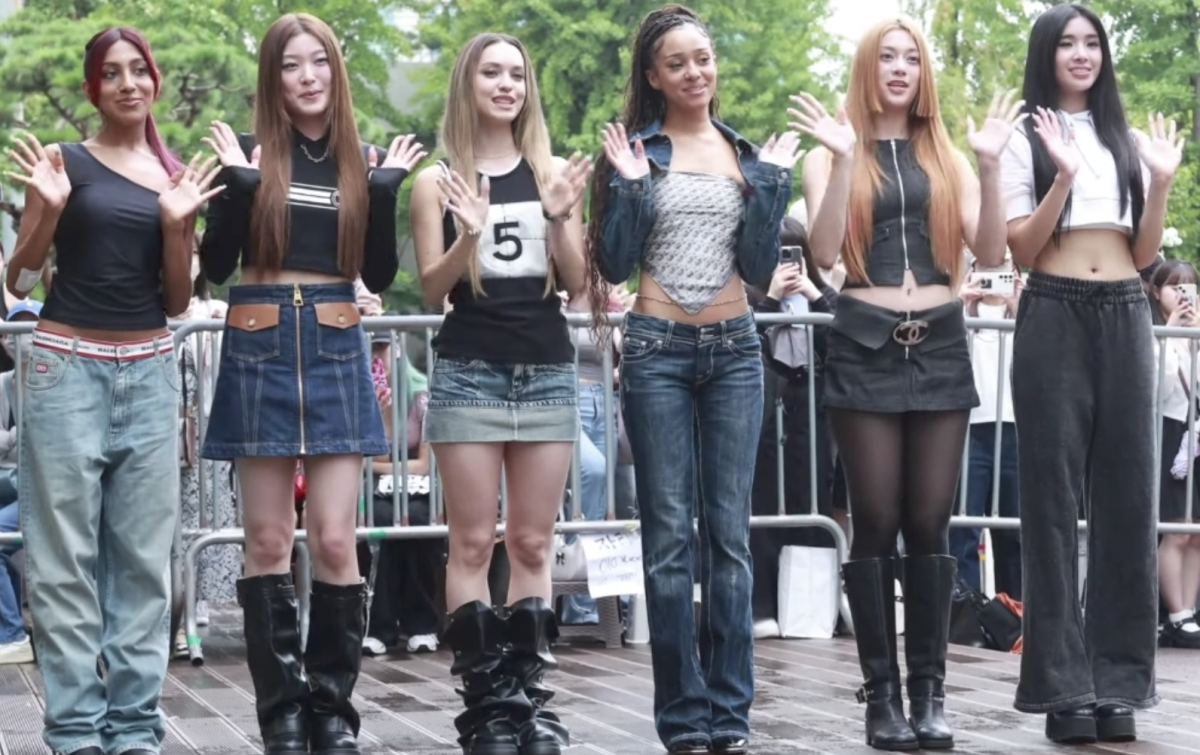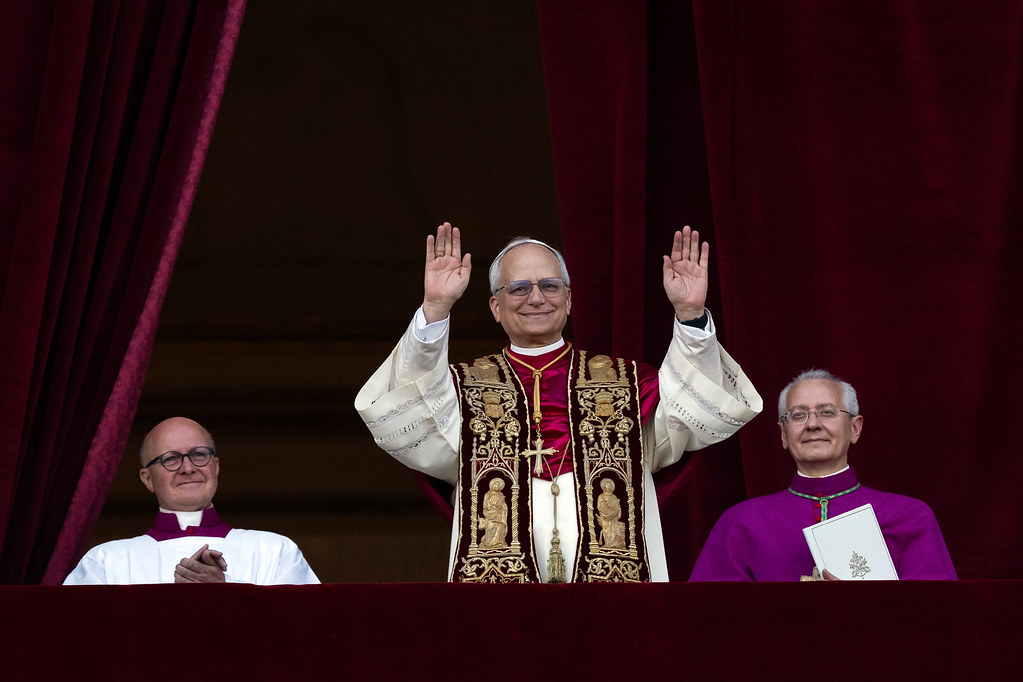On the campaign trail, Argentinian economist and professor Javier Milei brought a chainsaw from stop to stop to symbolize his self-declared anarcho-capitalist beliefs. The chainsaw is “a very explicit representation of what everyone feels, which is that the government is overflowing with people who, in general, don’t fulfill any function,” according to his political aides
In June 2022, Milei announced what he calls the “Chainsaw Plan,” a set of vague policies that focus on slashing government departments and public spending, privatizing national industries, and dollarizing the economy away from the peso.
On November 19th, the far-right Milei won the Argentinean presidential election against political mainstay Sergio Bassa, demonstrating an increasingly negative attitude towards the political class. Sergio Bassa, a center-left candidate, is a career politician and the incumbent Minister of Economy. The populace’s rejection of Bassa and his traditional Peronist views is representative of the increasingly common rejection of traditional politicians in favor of populism, not just in Argentina, but across all advanced democracies.
Repeatedly, experts have compared Javier Milei to other Western populists such as former Brazilian president Jair Bolsonaro and former US president Donald Trump. Both men quickly congratulated Milei, known as ‘El Loco, on social media site X (formerly Twitter). Trump stated, “Congratulations to Javier Milei on a great race for president of Argentina . . . you will turn your country around and truly make Argentina great again!” – Make Argentina Great Again, a slogan Milei co-opted from Trump’s 2016 campaign slogan Make America Great Again.
But why the comparison? Milei, much like Trump and Bolsonaro, utilizes fiery language to assure voters of their free-market and anti-government regulatory policies. Milei won under the assumption that he would inflict, as he states, shock therapy to revitalize the struggling Argentine economy. In part due to the Covid-19 pandemic, the Argentinean government is in shambles. In 2020, the nation defaulted on its international sovereign debts for the third time in two decades, and under former president Alberto Fernandez, agreed to a deal with the IMF to restructure $44.5 billion worth of debt.
He plans to cut spending by economic shock therapy and reducing federal programs and departments — slashing those such as the Department of Education, Culture, and Women, Gender, and Diversity. His populist immediate and sudden policy change will have results soon to follow — yet, economists are worried.
An open letter published by a hundred of the world’s leading economists, argued that “while simple solutions may be appealing, they are likely to cause more devastation in the real world in the short run, while severely reducing policy space in the long run.” Furthermore, they argued that the head-strong politician and his radical proposals are simply rooted in laissez-faire economics and would be deeply dangerous if put in place.
In addition, Milei has repeatedly referred to taxes as theft and claimed social justice and welfare programs to be an “aberration.” In his words, the state and its programs are that of the devil, and “God’s system” is the free market. However, the aforementioned economists have warned that the termination of federal programs and the subsequent inability for those in need to receive aid would “increase already high levels of poverty and inequality, and could result in significantly increased social tensions and conflict.”
However, Milei will face deep opposition in instituting his policies from the Argentine National Congress and Chamber of Deputies — the nation’s legislative bodies — as his party only holds 10% and 16% of seats in each body respectively.
Nevertheless, soon we will determine whether the success of Milei’s radical and “shock therapy” policies will sufficiently return the nation to a free market, or if the economists are right and his chainsaw will cut down what is left of the nation’s struggling economy like he will federal programs.















